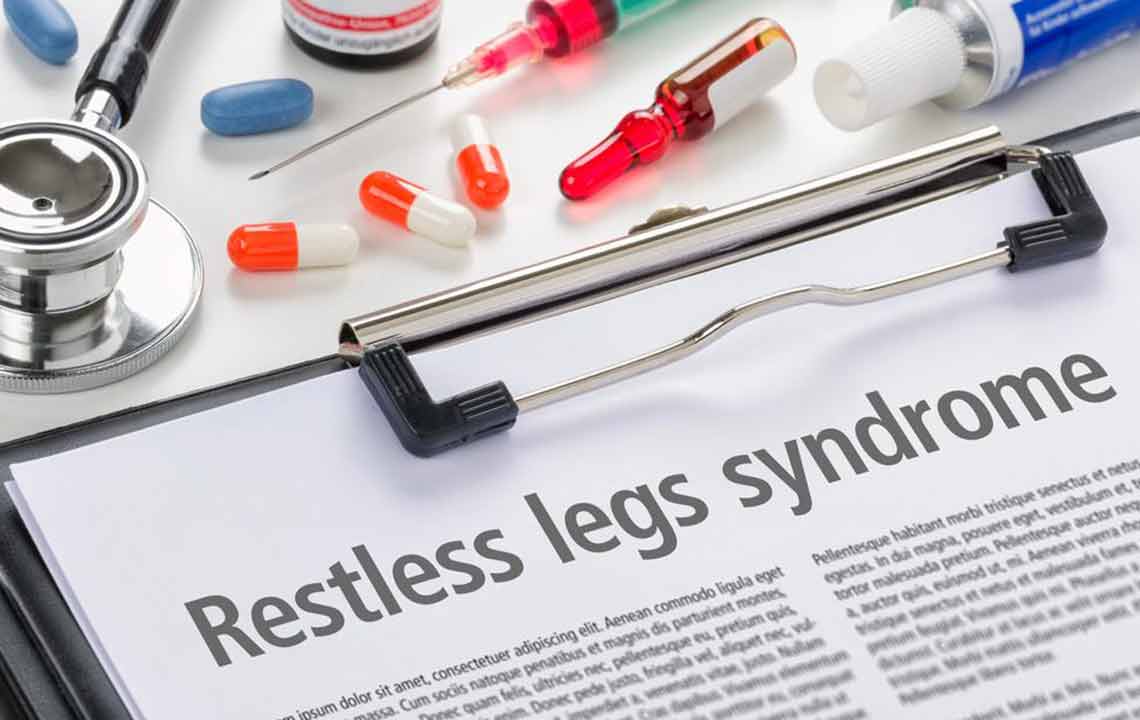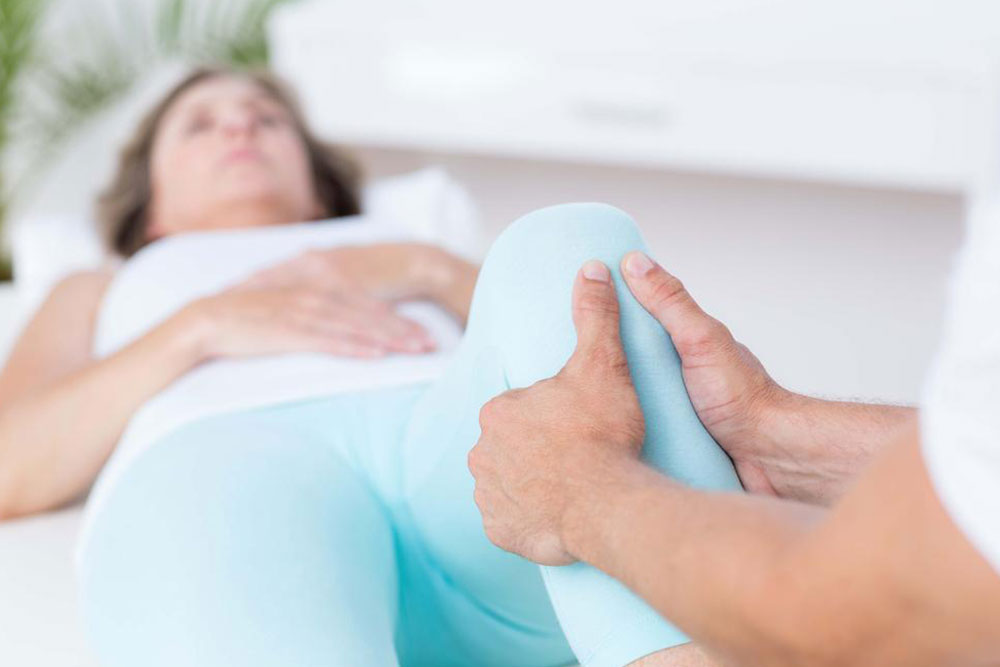Effective Natural Home Remedies for Managing Restless Legs Syndrome
Discover effective natural home remedies to manage Restless Legs Syndrome (RLS). Learn about dietary changes, lifestyle adjustments, and relaxation techniques that can significantly ease symptoms. From improving sleep hygiene to incorporating gentle exercises and stress management, these holistic strategies help enhance quality of life. While home remedies are beneficial, always consult a healthcare professional for persistent or severe symptoms. Empower yourself with practical, natural solutions for better comfort and restful sleep.

Effective Natural Home Remedies for Managing Restless Legs Syndrome
Restless Legs Syndrome (RLS), also known as Willis-Ekbom disease, is a common neurological disorder characterized by an irresistible urge to move the legs. This condition often leads to discomfort, crawling sensations, or pain, especially during periods of rest or at night, severely affecting sleep quality and daily life. While seeking medical advice for diagnosis and treatment is crucial, many individuals prefer to incorporate natural strategies at home to alleviate symptoms. These approaches include dietary modifications, lifestyle adjustments, and relaxation techniques, all aimed at reducing discomfort and enhancing overall well-being.
Addressing RLS symptoms from a holistic perspective involves understanding the pivotal role of lifestyle factors. Making simple but consistent modifications to daily routines can significantly impact the severity of symptoms. For instance, a balanced diet rich in key nutrients, maintaining proper sleep hygiene, and avoiding certain stimulants such as caffeine and nicotine are foundational steps. These changes are not only cost-effective but also empower individuals to manage their condition proactively.
One of the most effective natural remedies involves dietary adjustments, especially increasing the intake of foods high in iron. Iron deficiency has been linked to RLS, so consuming iron-rich foods such as spinach, Swiss chard, dried apricots, and lean red meats can help reduce symptoms. Additionally, ensuring adequate levels of vitamin D through safe sunlight exposure can improve RLS symptoms, as some studies suggest a correlation between vitamin D deficiency and restless legs.
Physical activity plays a vital role in managing RLS. Incorporating gentle exercises like walking, stretching routines, or yoga can promote muscle relaxation, improve circulation, and decrease fatigue—common triggers for RLS episodes. Moreover, practices such as hot and cold compresses can provide immediate relief for uncomfortable sensations, while massage therapy using light oils can relax tense muscles.
Stress management is another key aspect of home-based treatment. Techniques such as meditation, deep breathing exercises, and progressive muscle relaxation help calm the nervous system, which is often overactive in individuals with RLS. Establishing a consistent sleep schedule, avoiding screen time before bed, and creating a calming sleeping environment contribute to better sleep hygiene, thereby reducing RLS symptoms at night.
Limiting stimulants like caffeine, nicotine, and alcohol is crucial, as these substances can exacerbate RLS symptoms by interfering with sleep and increasing nervous system irritability. Adopting a holistic approach that combines dietary, physical, and relaxation strategies can lead to substantial improvements in quality of life for those suffering from RLS.
While these natural home remedies can be highly effective for many individuals, persistent or worsening symptoms should prompt consultation with a healthcare professional. Proper diagnosis ensures that other underlying conditions are ruled out and that a comprehensive treatment plan, possibly including medication, is tailored to the patient’s needs. Nonetheless, emphasizing a balanced diet, regular gentle exercise, stress reduction, and good sleep practices can empower individuals to take control of their RLS management and experience relief in their daily lives.





